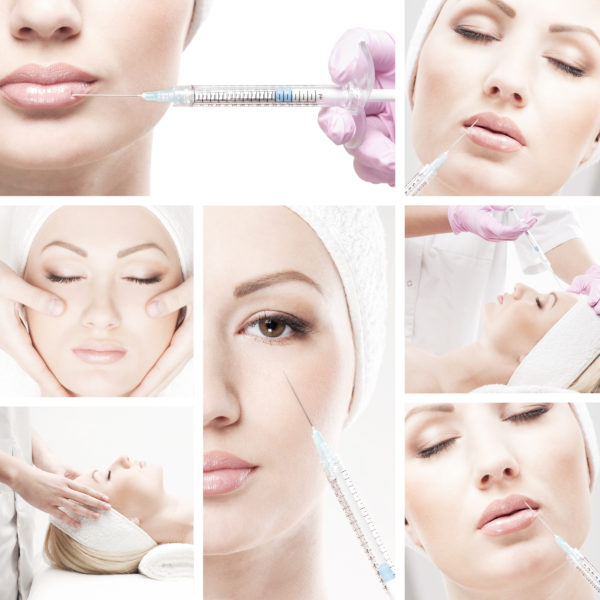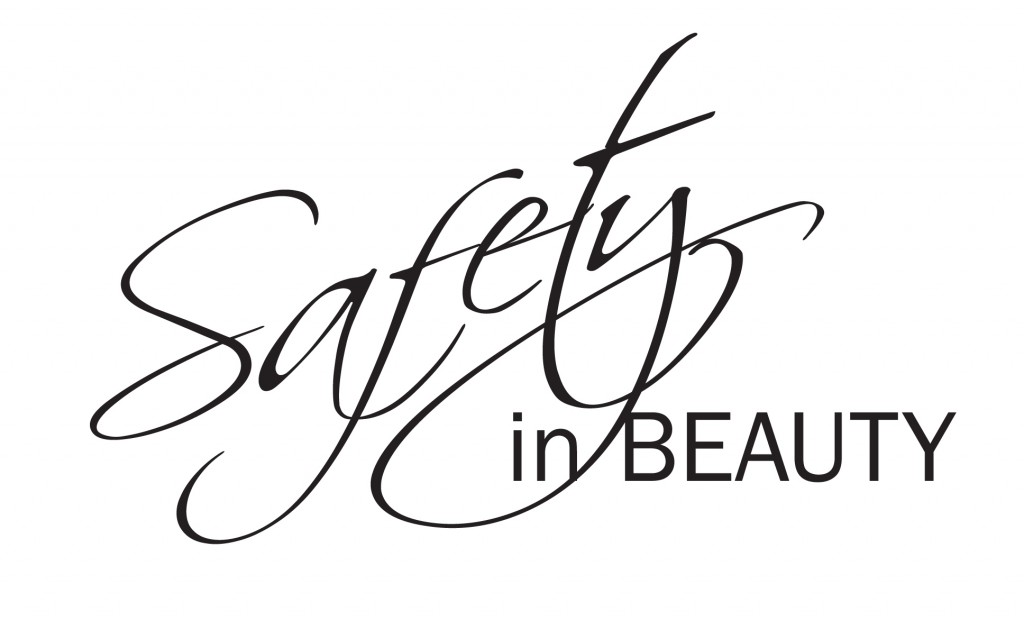Joint Council for Cosmetic Practitioners (JCCP) – Changes to the Practitioner Register – Statement on Entry to Part Two of the JCCP Register – Non-Clinical
 The Joint Council for Cosmetic Practitioners (JCCP), is a recently launched ‘self-regulating’ body for the non-surgical aesthetics and hair restoration surgical sector in the United Kingdom and has achieved accreditation by the Professional Standards Authority (PSA) and is a registered UK Charity. This status reflects the overarching not-for-profit mission of the JCCP which is patient safety and public protection.
The Joint Council for Cosmetic Practitioners (JCCP), is a recently launched ‘self-regulating’ body for the non-surgical aesthetics and hair restoration surgical sector in the United Kingdom and has achieved accreditation by the Professional Standards Authority (PSA) and is a registered UK Charity. This status reflects the overarching not-for-profit mission of the JCCP which is patient safety and public protection.
Patient safety underpins every aspect of the JCCP’s role and function. The JCCP has been concerned for some time about the assumption that all aesthetic practitioners present the same level of risk when undertaking complex Level 7 procedures, such as injectables and fillers. This concern has been heightened by the responses made by Professional Associations, key opinion leaders and a number of JCCP stakeholders. The JCCP has communicated this level of concern to the Department of Health and Social Care and is committed to working with Government representatives to reopen a dialogue on how best to ensure patient safety and public protection with the aim of seeking statutory regulation for the whole aesthetics sector.
The JCCP Board of Trustees is very aware of its responsibility to ensure that the public are better informed about the risks associated with non-surgical and hair restoration surgical treatments and to provide members of the public with the assurance required to enable them to make an informed choice when they seek to select a proficient and safe practitioner in these applied areas of specialist practice. For these reasons the JCCP Board of Trustees has now agreed to restrict entry to its Register for those who inject or insert dermal fillers. In the future only qualified healthcare clinicians will be permitted entry to the JCCP register with regard to these ‘higher risk’ procedures.
The JCCP hosts a single Practitioner Register which is sub-divided into two distinct parts to provide transparency for the public:
Part 1
Clinical Practitioners who are registered with UK health care Professional Statutory Regulated Bodies (PSRBs – GMC, NMC, GDC, GPhC, PSNI and HCPC) that provide professional oversight and governance for those practitioners whom they regulate. Such regulated healthcare professionals work independently within the context of their agreed scope of professional practice.
The JCCP has consulted each of these PSRB’s and can confirm that the following categories of PSRB Registrants are eligible to join Part 1 of the JCCP register if they are able to evidence that they meet the stringent standards and entry requirements set by the JCCP and its sister standard setting body the Cosmetic Practice Standards Authority (CPSA):
- General Medical Council:
Registered Medical Practitioner – Doctor
- General Dental Council: Registered Dentists
Registered Dental Hygienists
Registered Dental Therapists - Nursing & Midwifery Council: Registered Nurse
Registered Midwife - General Pharmaceutical Council: Registered Pharmacist
- Pharmaceutical Society of Northern Ireland:
Registered Pharmacist - Health Care Professions Council: Registered Physiotherapist
Registered Diagnostic Radiographer
Registered Therapeutic Radiographer - Registered Podiatrist \ Chiropodist
Registered ParamedicRegistered Operating Department Practitioner
Part 2
Practitioners who are not in current membership with or are not eligible to join a Professional Statutory Regulatory Body/Council and who require clinical oversight for specific procedural interventions (within or outwith their scope of practice) – Beauty Therapists, Aesthetic Practitioners and persons who are eligible to be registered with a PRSB but have elected not to do so.
The JCCP Board met on 31st July 2018 to review progress relating to the ‘Practitioner Register’ and to review the many communications it has received about allowing non-healthcare practitioners to register at L7 for the administration of injectables and fillers.
The JCCP has now determined that Level 7 treatments that involve injectables and dermal fillers should be performed only by relevantly trained, experienced and proficient healthcare professionals who are Registered on Part 1 of the JCCP Register.
The JCCP will therefore now suspend access to its Register for all non-healthcare practitioners who practise Level 7 injectable and/or dermal fillers procedures for a period of 3 years whilst a detailed evaluation can take place of the ‘risks’ involved to the general public and will use this period to resubmit the case for statutory regulation of the whole sector to the Department of Health and Social Care. The JCCP Trustee Board has endorsed this position and has decided to implement the changes as proposed.
The JCCP would like to emphasize that Part 2 of the register will remain open for those eligible non-healthcare practitioners who practise treatments in other modalities/treatment areas as defined by both the JCCP and the CPSA (as set down in the CPSA Standards Matrix) such as skin rejuvenation, peels and lasers and light.
The JCCP has advised the Professional Standards Authority of this decision. In reaching its decision the JCCP has noted the importance of:
- At all times doing what is best to protect the public and to deliver patient safety/harm free care and treatment to members of the public.
- Continuing to gather further evidence about the levels of ‘risk’ involved when delivering Level 7 treatments for injectables and fillers by all practitioners.
- Learning from a number of new initiatives being progressed in Scotland and Wales to regulate within this sector.
- Continuing a dialogue with patients/service users, other stakeholders and key opinion leaders on the future of regulation.
- Maintaining engagement with the beauty/aesthetic sector to encourage them to continue to develop new qualifications that will enable them to acquire the requisite knowledge, skills and practice competencies to deliver safe and effective care and to establish clear pathways to enable them to progress through the JCCP/CPSA Competence Framework up to Level 6.
The JCCP intends to discuss ongoing issues relating to statutory regulation for all practitioners who practise within the aesthetics sector and will be seeking the opportunity to facilitate conversation with key parties, including the Department of Health and Social Care in the near future to consider matters relating to cosmetic regulation.
Professor David Sines RN PhD CBE Chair JCCP said:
“The JCCP is a ‘listening organisation’ and has welcomed the many representations it has received on the issue of practitioner competence and the link to patient safety and public protection. We will seek to continue to work closely with key stakeholders and the Department of Health and Social Care to represent our case for statutory regulation for the whole sector and look forward to participating in further consultation on these matters.
Now is the time to take stock again and to consult on the best approaches to deliver patient safety and public protection across all categories of practitioners. The JCCP and the CPSA have published an inclusive framework of training, knowledge, education and practice competencies which we will continue to promote and disseminate amongst the whole aesthetic practice community, irrespective of professional background.
The JCCP Board have taken time to review the representations it has received and has agreed to restrict entry of non-healthcare practitioners to the Level 7 injectables and dermal filler parts of the JCCP Register at this time. These changes will now be implemented.
We will continue to actively encourage non-healthcare practitioners to engage with the work of the Council and the CPSA to improve the safety of their performance and to submit data relating to their practice to inform the evidence base relating to patient safety and risk. We will actively continue to encourage patients and members of the pubic to regard the JCCP/CPSA as the place to report any concerns about patient safety, irrespective of whether it relates to a JCCP Registrant or not.
The Board also recognizes that non-healthcare practitioners carry out many ‘lower level’ aesthetic treatments which are deemed to be at no risk or low risk to patients.”
